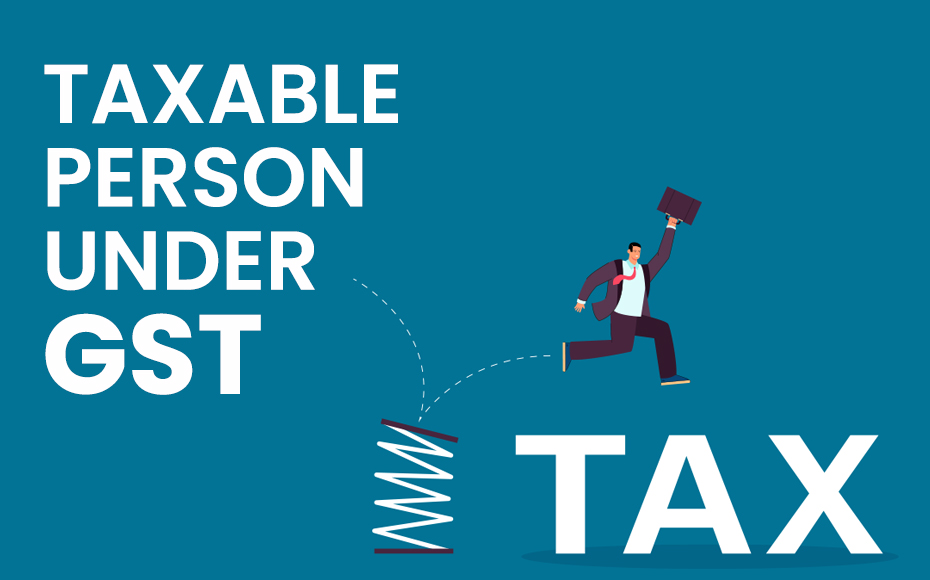

February 21, 2020

A composition scheme registered under GST was introduced for the small taxpayers, whose turnover is less than 1.5 crore, to reduce the hectic GST formalities; compliance cost and limit tax liability under the scheme. GST composition scheme is optional and the taxpayer is required to intimate the tax authorities in case he intends to be registered under the scheme.
A taxpayer whose turnover is less than 1.5 crore could opt for the composition scheme registered under GST. But in some states like Northeastern states and Himachal Pradesh, the limit is 75 lakh at present. According to the CGST (Amendment) Act,2018, it could be possible for the composition dealer to supply services up to 10% of the turnover or 5 lakh, whichever is higher. So other than the mentioned cases composition scheme registered under GST turnover limit is 1.5 crore The amendment would be valid from 1st February 2019 onwards. It is to be noted that the turnover of business entities registered under the same PAN has to be considered while calculating the turnover. Suppose if the registered taxpayer has various businesses with the same PAN then, either he can register under the scheme or opt-out of it completely.
The following taxpayers are not eligible for the GST composition scheme.
Some conditions are there to avail composition scheme registered under GST :
For the composition scheme, a taxpayer has to file GST CMP-02 with the government. It could be done online via the GST portal. It is to be noted that the taxpayer has to intimate the tax authorities at the beginning of every financial year if he wishes to opt for the composition scheme.
Since a composition dealer cannot charge tax from his customers, he cannot issue a tax invoice. He has to pay tax out of his own wallet. So the dealer must issue a Bill of supply. It is to be mentioned by the dealer as a ‘composition taxable person, not eligible to collect tax on supplies’ at the top of the Bill of the supply.
The following table shows the rate of tax on turnover applicable for composition dealers. There are various types of business such as Manufacturers & traders, restaurants that do not serve alcohol also the composition scheme for service providers.
As for a manufacturer or a restaurant service supplier. The tax would be payable at 1% and 5 % respectively applicable on the amount of turnover in the state.
|
Business Type |
CGST |
SGST |
TOTAL |
| Manufacturer & Traders (goods) |
0.5% |
0.5% |
1% of the turnover |
|
Restaurants not serving Alcohol |
2.5% |
2.5% |
5% of the turnover |
|
Goods & Services (Composite supply) |
0.5% |
0.5% |
1% of the turnover |
|
Goods &Service (Mixed supplies) |
3% |
3% |
6% of the turnover |
Taxpayers can apply for the GST Composition Scheme online through the GST website portal http://www.gst.gov.in/. The user has to then file GST CMP-02 as your acceptance for coming under the GST composition. The intimation should be provided by the dealer opting for the Composition Scheme at the beginning of every Financial Year.
A composition dealer has to make the GST payment out of his wallet for the supplies made. It consists of GST on supplies made, tax on reverse charge, tax on purchase from an unregistered dealer.
Tax on purchase from an unregistered dealer is only on the specific categories of goods and services as well as the specific class of registered person with effect from 1st Feb2019, but it has yet to be notified.
After the end of the quarter, a composition dealer has to pay GST in a quarterly statement CMP-08 by the 18th of the month. Besides, a return in the GSTR-4 form must be filed every year by the 30th of the next financial year from FY 2019-20 onwards. GSTR-9A an Annual Return is filed by 31st December of the next financial year. It was suspended for FY 2017-18 & FY 2019-20. Moreover, a dealer registered under the GST composition scheme is not needed to keep detailed records
Some advantages are there if you register under the composition scheme registered under GST.:
Some disadvantages are there if you register under the composition scheme registered under GST.:
Switching from normal GST Registration scheme to composition scheme, the taxpayer is supposed to pay an amount the same to the ITC in terms of inputs held in stock on the day immediately coming before the date of such switchover. The balance ITC after the payment of such amount would lapse if any remaining in the credit ledger would lapse.
Switching from composition scheme under present tax regime to normal taxpayer under GST would invoke transition provision and would be allowed a credit of duties held in stocks as inputs or credit of VAT (Value-Added Tax) in terms of inputs and inputs in semifinished or finished goods on the supposed date subject to the following criteria.
Read More




